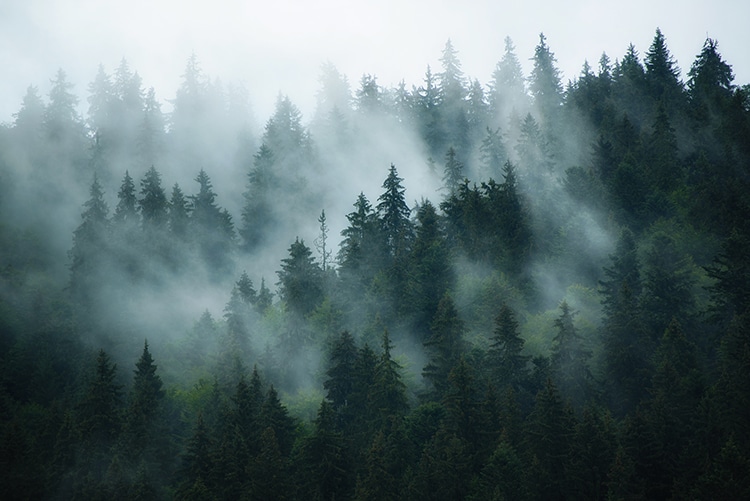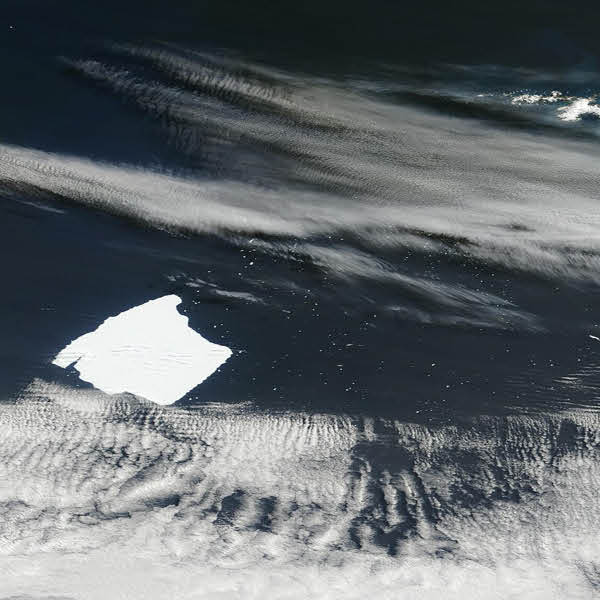
Photo: Stock Photos from TSN52/Shutterstock
“Save the trees” has been an environmental rallying cry for decades. Today, the message remains as important as ever. Although deforestation is still a massive concern, a new report details the possibilities of forest regeneration. Since 2000, an estimated 58.9 million hectares of natural forest have regrown globally—an area equivalent to the size of France.
The report comes from the organization Trillion Trees—a collaborative effort between the World Wildlife Fund, BirdLife International, and the Wildlife Conservation Society. Satellite images from three decades, 29 countries, and 13 ecoregions were analyzed for evidence of reforestation. Some areas showed promising growth. For example, reforestation has been used by the government to prevent dust storms north-east of Beijing. In the Atlantic Forest of Brazil, improved farming efficiency and the establishment of nature preserves are just a few reasons why areas of this forest have begun to grow back without human help. However, the forest still remains 15% its original size.
Despite the heartening success of some forested areas, the road to recovery for Earth's forests is a long one. “The data show the enormous potential of natural habitats to recover when given the chance to do so. But it isn’t an excuse for any of us to wait around for it to happen,” said John Lotspeich, executive director of Trillion Trees. Deforestation is still a critical and pressing issue, particularly in forests such as the Amazon. While the new France-sized amount of forest can store a massive 5.9 gigatonnes of carbon dioxide, natural forest regeneration alone is not enough to reverse the course of climate change. However, trees are a precious part of that important goal.
Since 2000, forest regeneration has globally produced a forested area the size of France.

Photo: Stock Photos from ROXANA BASHYROVA/Shutterstock
h/t: [IFL Science]
Related Articles:
Kenyan Materials Engineer Recycles Plastic Into Bricks That Are Stronger Than Concrete
Duck Visits Same 7th-Story Balcony To Hatch Ducklings Twice During Lockdown
Texans Are Rescuing Cold-Shocked Sea Turtles Stranded on Beaches
Neuroscientist Makes Playlist of the Happiest Songs According to Science






















































































